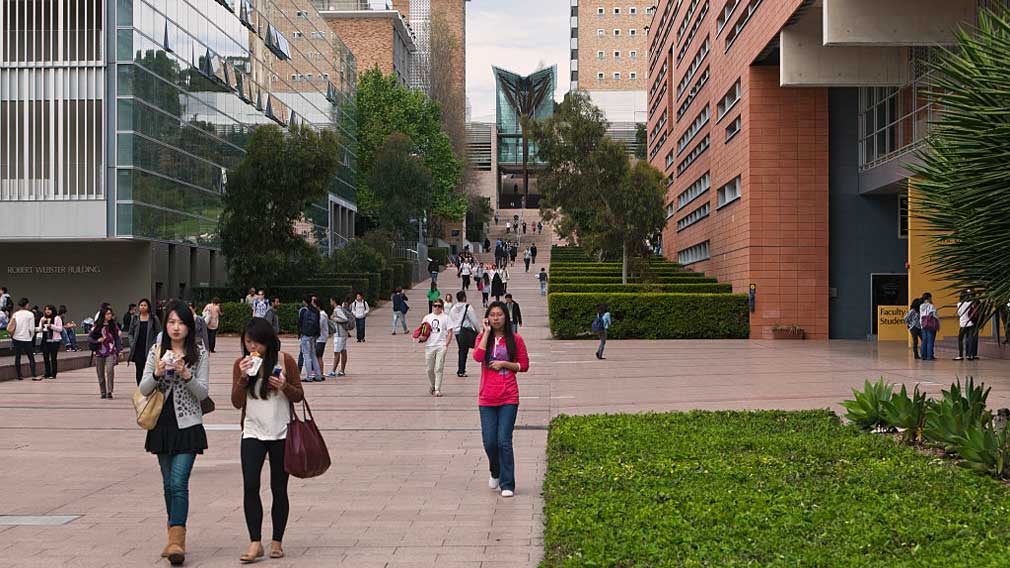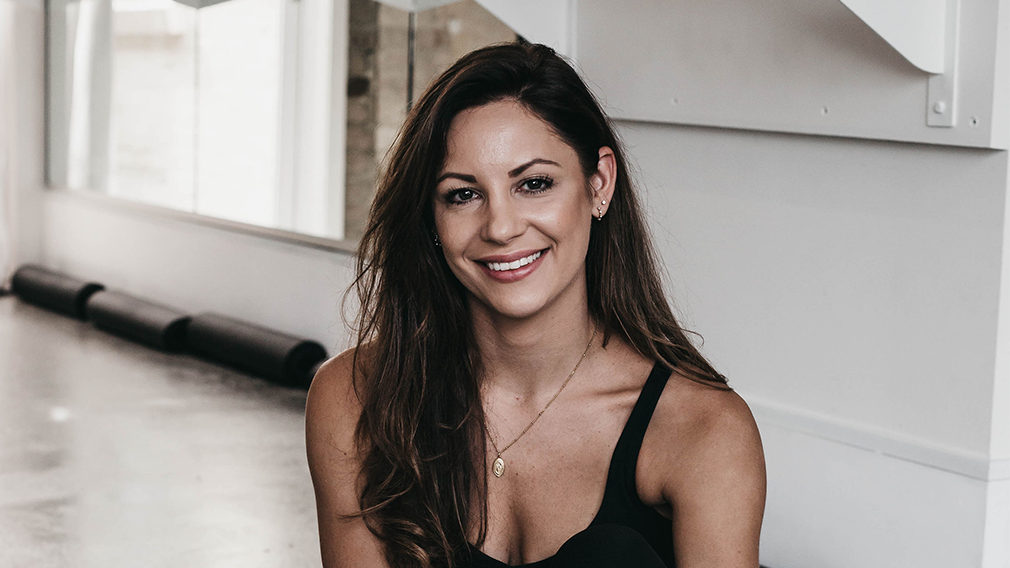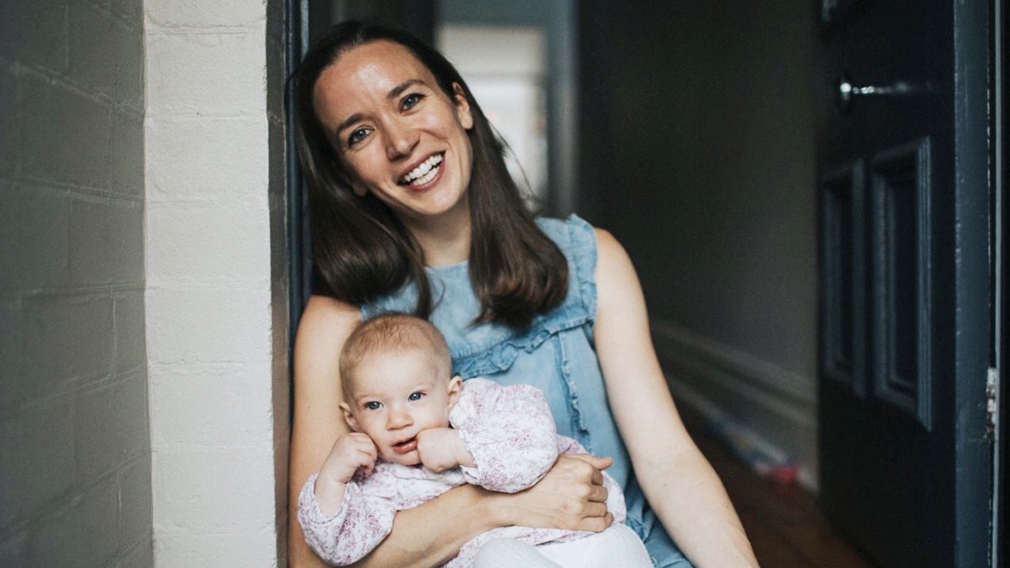UNSW program takes on start-up gender gap

(Getty Images)
Mary Liu literally sees fewer women showing an interest in having a crack at a start-up.
Launched recently, The New Wave is a female entrepreneurship initiative at the University of NSW. The program aims to address the gender gap in entrepreneurship by encouraging more female students into the technology-based start-up economy.
“At a maximum, two out of every 10 students walking through our door (at UNSW Innovations) with start-up ideas might be female. I hope to increase the number to 5 out of 10 with the help of The New Wave,” says Ms Liu, an associate, Student Entrepreneur Development at UNSW Innovations.
“As a female entrepreneur myself, I feel this is something we need to change. Most girls are interested in entrepreneurship, they just don’t know where to start and part of that comes down to role models. There aren’t enough female role models to teach and inspire girls to make them feel like, ‘hey, I can do this’.”
Launched recently, The New Wave is a female entrepreneurship initiative at the University of NSW. The program aims to address the gender gap in entrepreneurship by encouraging more female students into the technology-based start-up economy.
The initiative is headed up by Ms Liu.
The New Wave program included a speaker series which began in March 2017 and ran weekly for 13 weeks. The series aimed to engage and inspire the young female students in thinking about entrepreneurship and leadership as a potential career path. Speakers included representatives from some of the worlds’ biggest and most influential corporations, such as, Google, YouTube, Microsoft, and the McDonald’s Headquarters. Topics included the role of people and culture in driving a successful business - advice for female leaders.
The second element of the program is a pre-accelerator program, aimed at launching more UNSW female led start-ups.
There is also The New Wave Facebook Group, a place where students can connect with each other and mentors as well as find helpful resources to assist their journey as a female entrepreneur. There are more than 200 members, consisting of UNSW students, mentors and VCs. The aim is to reach 500 members by the end of 2018.
The program aims to provide a safe, supportive environment in which female students can connect with industry mentors during their entrepreneur journey. Those networks create opportunities for women to witness role models in action and to become role models themselves.
“Creating gender-diversity, particularly in tech-based start-ups, where most of the founders are male, is important,” says Ms Liu, who is an advocate of Professor Veena Sahajwalla’s 50:50 program.
The UNSW 50:50 program aims to inspire girls to pursue careers in “STEM” -- science, technology, engineering and mathematics -- so they can succeed in an innovation-driven future. Ms Sahajwalla spoke at New Wave’s launch and is an Australian Financial Review and Westpac 100 Women of Influence awardee.
“I feel girls may be discouraged from STEM subjects because of the perception that science and technology is just for boys,” says Ms Sahajwalla.
“Girls are good at lateral thinking and are much more diverse in their approach to problem solving. If half the talent pipeline [women and girls] is missing, then tapping into that missing segment creates the opportunity to double the numbers, which would double the talent pool, the human capital, the intellectual capital and diversify economic opportunities.”
Mary started her entrepreneurial journey at the age of 19 when she co-founded a charity. She then established a business which supported international students to find local work experience in Australia at 21. She is busy on her new idea to provide kindergarten-age children and their parents with an Australian school experience.
“I think you may as well start young,” says Ms Liu, who also believes in “gap years”.
“University is an important step in a person’s development and it provides you with fantastic networks which are priceless. The downside is the lack of a practical component. There needs to be vocational, skills development. Work experience and internships prepare you for finally getting a job.”



